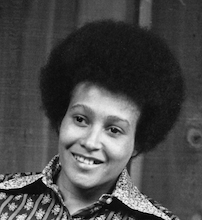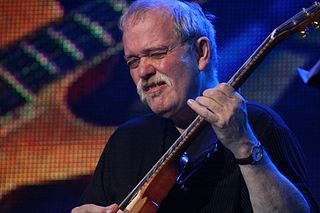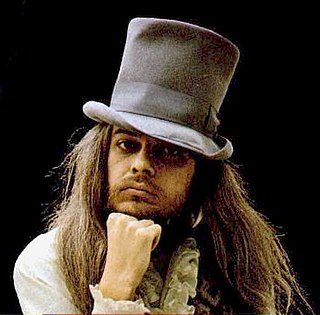A Quote by Patrick Stump
Between Prince and my dad's fusion-jazz records, I didn't have a choice in being funky.
Related Quotes
My dad, was, by trade, he had a Ph.D. in mechanical engineering. He's a huge, huge jazz fan. He used to travel all the time for projects, and he used to collect jazz records. He used to collect hundreds and hundreds of jazz records because he had this passion for it. That's kind of how they had certain hobbies together with my mom.
The job of the jazz people is to take it as far as it will go and that's what they're doing. But in the process of taking it out there, there has to be some times when they're not getting it right. It all depends on what you dig. I personally don't think the fusion of jazz with the heaviness of rock is working.
I am a Prince," he replied, being rather dense. "It is the function of a Prince—value A—to kill monsters—value B—for the purpose of establishing order—value C—and maintaining a steady supply of maidens—value D. If one inserts the derivative of value A (Prince) into the equation y equals BC plus CD squared, and sets it equal to zero, giving the apex of the parabola, namely, the point of intersection between A (Prince) and B (Monster), one determines value E—a stable kingdom. It is all very complicated, and if you have a chart handy I can graph it for you.



































